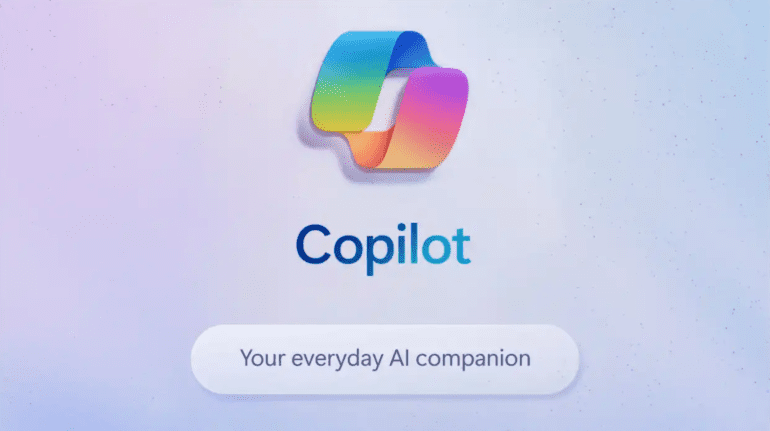TL;DR:
- Microsoft is gearing up for the launch of Windows Copilot in the 2023 update to Windows 11.
- The integration of AI tools into the operating system raises concerns about server load due to potential excessive use.
- Microsoft’s new licensing terms allow for “temporary throttling” of access to the Generative AI service.
- The definition of “excessive use” remains unspecified in the agreement.
- The change in terms primarily targets enterprise agreements with AI enhancements for business tools.
- Windows Copilot’s integration across the operating system may lead to unpredictable server demands.
Main AI News:
In the ever-evolving landscape of technology, Microsoft is gearing up for a significant leap with the impending release of Windows Copilot, set to coincide with the major 2023 update to Windows 11. This ambitious venture integrates AI-powered tools into the core of the operating system, aiming to transform the way we interact with digital content. However, as Microsoft prepares for this groundbreaking shift, it is also taking measures to ensure a seamless experience for all users.
Microsoft’s vast network of web servers, among the most potent in the world, plays a pivotal role in delivering data- and processor-intensive generative AI services to users. The potential onslaught of a billion Windows users, engaging with these resource-intensive services around the clock, raises valid concerns. To address this, Microsoft has introduced a notable change in its online services user license agreement. Under this new provision, Microsoft reserves the right to implement “temporary throttling of Customer’s access to the Microsoft Generative AI service” in cases of excessive utilization.
The precise criteria for defining what constitutes excessive use of generative AI, which empowers users to generate text and images based on specific input, remain unspecified in the agreement. Those familiar with such AI-driven tools like ChatGPT and DALL-E understand that these processes are not instantaneous. Complex text generation and intricate formatting can require several minutes for remote servers to complete. This noteworthy adjustment in the licensing terms was brought to light by the vigilant observers at Cloudy With a Chance of Licensing.
It is highly likely that these alterations in Microsoft’s licensing terms are a strategic response to the impending broader rollout of AI generation tools within Windows Copilot. This groundbreaking feature will join the ranks of AI-infused applications, including Bing Chat and the newly AI-enhanced Paint app. However, the amendment specifically targets enterprise agreements, where Microsoft 365 Copilot introduces generative AI enhancements to essential business tools such as PowerPoint, Excel, and Outlook. The launch of this initiative coincided with the significant Windows 11 2023 Update that introduced Windows Copilot.
While Copilot’s text and image generation capabilities are set to become more deeply integrated into the operating system, Microsoft’s proactive stance on controlling potential server loads is evident. The company acknowledges the unpredictability of server demands when potentially millions of users converge on the service simultaneously. By establishing terms that allow for the limitation of individual users, regardless of the definition of “excessive use,” Microsoft is preparing for a future where its data services face unprecedented demands. In this dynamic landscape, Microsoft’s commitment to ensuring the quality of user experience remains unwavering.
Conclusion:
Microsoft’s strategic move to prepare for potential server load challenges with the launch of Windows Copilot demonstrates its commitment to delivering a seamless user experience. The ability to limit access in cases of excessive use highlights the company’s anticipation of a significant impact on its data services, especially in the enterprise market. This proactive approach reflects Microsoft’s dedication to maintaining reliability and performance as it ushers in a new era of AI-powered applications.

